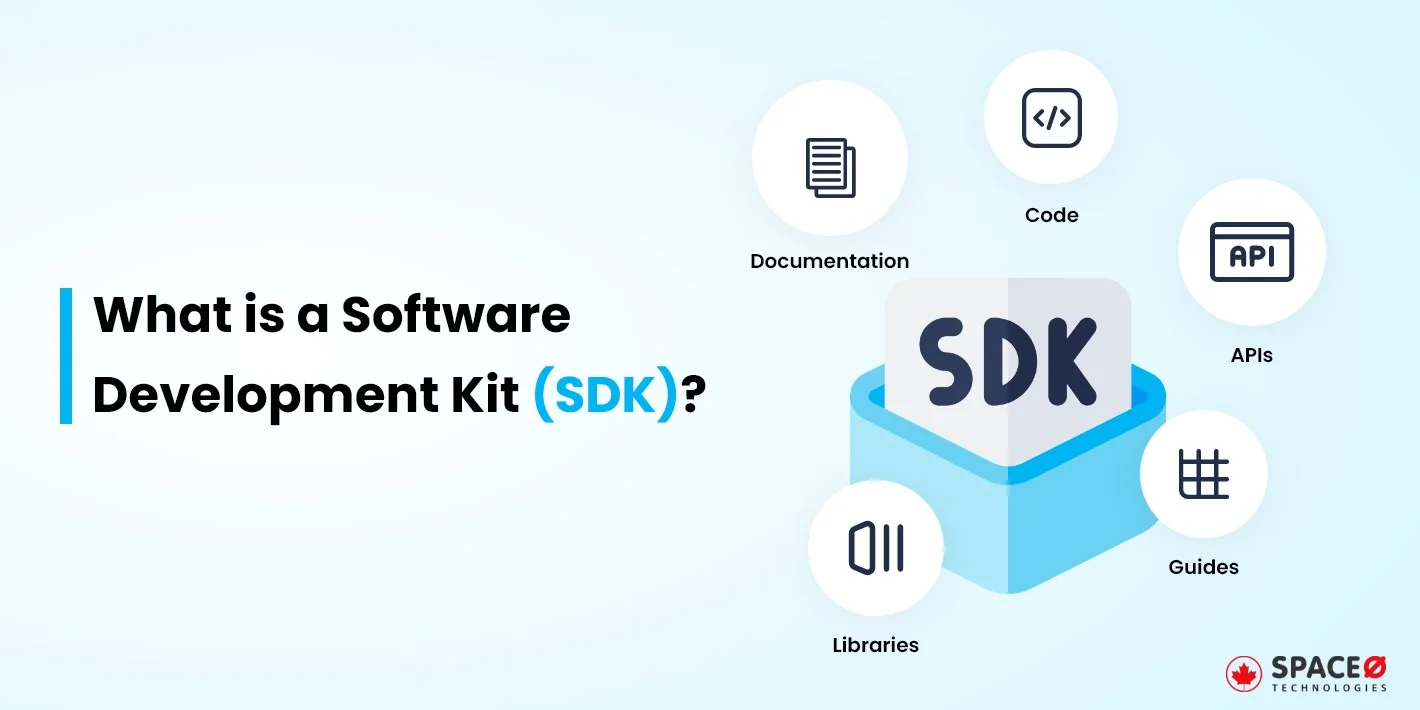Software Development Kit (SDK)
What is a Software Development Kit?
Definition:
A Software Development Kit (SDK) is a set of tools, libraries, and documentation that aids developers in creating software applications for specific platforms, frameworks, or programming languages. An SDK provides a standardized set of tools and resources, streamlining the development process and enabling developers to build applications more efficiently.
Analogy:
Think of an SDK as a comprehensive toolbox for developers. Just as a skilled craftsman relies on a set of specialized tools to build and refine their creations, developers use an SDK to access pre-built components, libraries, and documentation that simplify the development journey, allowing them to focus on the unique aspects of their application.
Further Description:
Software Development Kits encompass a range of resources and features that contribute to the development lifecycle:
Libraries and APIs: SDKs include pre-written code libraries and application programming interfaces (APIs) that provide essential functionalities. Developers can leverage these components instead of starting from scratch, saving time and effort.
Documentation: Detailed documentation accompanies an SDK, offering guidelines, tutorials, and references. This documentation helps developers understand the capabilities of the SDK and how to integrate it effectively into their projects.
IDE Integration: SDKs often integrate seamlessly with popular Integrated Development Environments (IDEs), enhancing the developer’s experience by providing tools like code completion, debugging, and project management.
Sample Code: Many SDKs include sample code and templates that demonstrate how to implement specific features or solve common problems. This aids developers in learning best practices and accelerates the development process.
Testing Tools: SDKs often include testing frameworks and tools to help developers ensure the reliability and quality of their code, contributing to a smoother development and debugging process.
Why is an SDK Important?
Efficiency: SDKs significantly reduce development time by providing pre-built components and eliminating the need to reinvent the wheel for common functionalities.
Consistency: Developers using the same SDK can ensure consistency across applications, promoting standardized practices and reducing the likelihood of errors.
Accessibility: SDKs make complex tasks more accessible, allowing developers to work with advanced features or technologies without in-depth knowledge of their inner workings.
Community Support: Popular SDKs often have active developer communities, providing forums, discussions, and additional resources for troubleshooting and collaboration.
Cross-Platform Development: Many SDKs support cross-platform development, enabling developers to create applications that run on multiple operating systems or devices.
Examples and Usage:
Android SDK: Facilitates the development of Android applications by providing tools, libraries, and APIs specific to the Android platform.
iOS SDK (formerly known as Cocoa Touch): Supports the development of applications for Apple’s iOS operating system, including tools for iPhone, iPad, and iPod Touch.
TensorFlow SDK: Empowers developers in building machine learning applications by offering a comprehensive set of tools and libraries for creating and training models.
Key Takeaways:
- A Software Development Kit (SDK) is a comprehensive set of tools, libraries, and documentation for developers.
- It streamlines the development process by providing pre-built components, documentation, and testing tools.
- SDKs contribute to efficiency, consistency, accessibility, and community support in the development lifecycle.
- Examples include Android SDK, iOS SDK, and TensorFlow SDK, each tailored for specific platforms or technologies.





